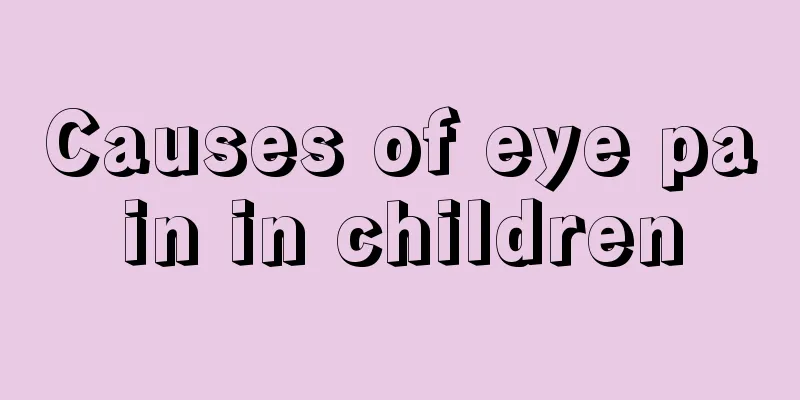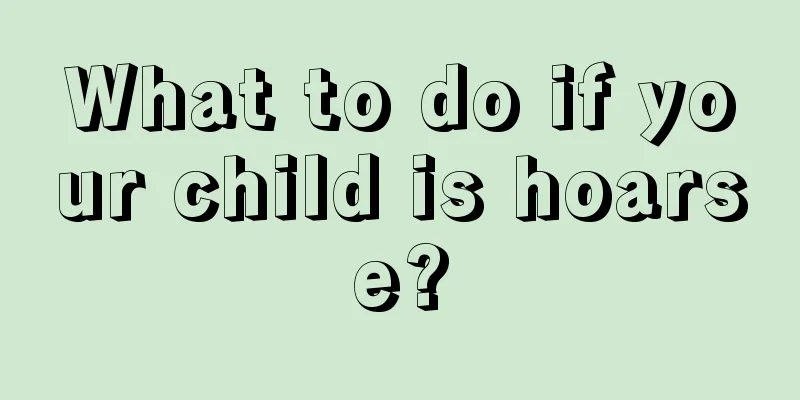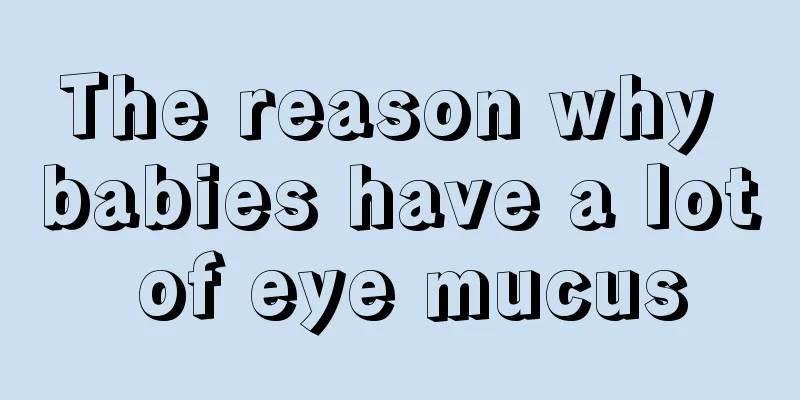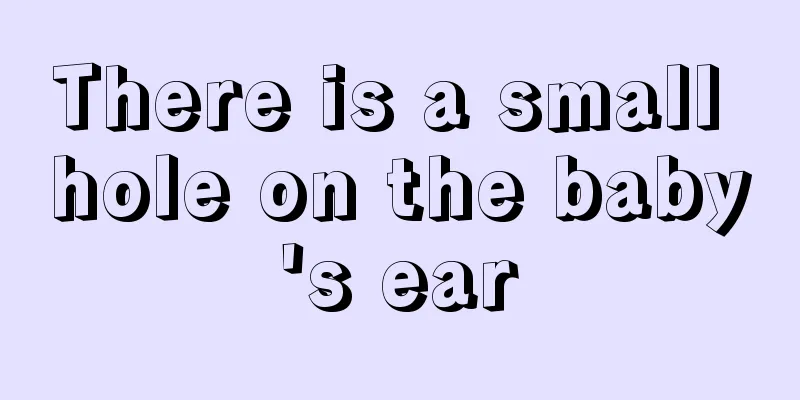What are the symptoms of calcium deficiency in boys?

|
Calcium is an important nutrient for the human body. Calcium deficiency will have a great impact on people, especially growing children. If they lack calcium, they are likely to have developmental delays and symptoms such as waking up easily during sleep, late teething, unstable mood, anorexia, slow closure of fontanelle, and beaded ribs. Therefore, in order to promote faster and healthier growth of children, parents still need to give their children an appropriate amount of calcium supplements.
Calcium deficiency symptoms 1: Sleeping dishonestly and waking up easily Crying and waking up at night is one of the signs of calcium deficiency in babies. Babies are not honest when sleeping at night and it is difficult for them to enter deep sleep. Even after falling asleep, they are easily awakened. Therefore, if the baby has this condition, the mother should consider giving the child calcium supplements. Calcium deficiency symptoms 2: late teething Under normal circumstances, the baby's deciduous teeth begin to erupt at around 6 months old. Babies with fast teething may have their first deciduous tooth emerge at 4 months old, while babies with slow teething may not start growing until around 10 months old. However, if the baby is over 10 months old and has not started to grow teeth, or the baby's teeth are uneven, maloccluded, poorly developed, and easily loose, the mother should first consider whether the child is calcium deficient. Calcium deficiency symptoms three: slow growth and development During infancy, the baby's physical growth and development is the fastest, especially in the first few months after birth. If your baby under one year old does not have significant growth in weight and height within a month, your baby's body may be telling you that it is calcium deficient. Calcium deficiency symptoms 4: unstable mood When a child's body is deficient in calcium, it will also show up in his mood. He will be prone to being anxious, crying, restless, and difficult for his mother to take care of him. Calcium deficiency symptoms 5: slow closure of fontanelle Under normal circumstances, the baby's fontanelle will close when it is around 1 to 1.5 years old. Due to individual differences among babies, the closure of the fontanelle may be earlier or later. However, if the baby's fontanelle has no tendency to close after 1.5 years old, it is likely caused by calcium deficiency. Calcium deficiency symptoms six: anorexia Anorexia is a common phenomenon in children, and it is not ruled out that calcium deficiency may cause anorexia. When a child's body lacks calcium, he or she will show symptoms of decreased appetite, loss of appetite, partial or picky eating. Calcium deficiency symptoms seven: often have beaded ribs When a baby is severely deficient in calcium, the ribs will proliferate and feel like beads, squeezing the baby's lungs and causing breathing difficulties. At this time, in addition to supplementing calcium for the child, the mother should also supplement vitamin D to promote the body's absorption of calcium. |
<<: What are the benefits of children learning art?
>>: Child convulsing in the middle of the night
Recommend
What causes bleeding in children's ears?
Ear bleeding should be treated immediately becaus...
Is it normal for a newborn baby to have a temperature of 37 degrees?
Newborns need more care when they are just born. ...
How to reduce fever in children physically
Only when you become a parent yourself can you ap...
What to do if there is whiteness in the baby's mouth
There are many oral problems. The most common ora...
What is the reason for the recurrence of allergic purpura in children?
Allergic purpura is a relatively common skin dise...
How to treat children’s hot flashes?
Hot flashes are common in middle-aged and elderly...
Tips for babies to drink Pudilan
We often encounter many troubles in life, especia...
Knowledge about measuring trace elements for children
There are trace elements in everyone's body, ...
What to do if a newborn has an upper respiratory tract infection
Newborns are the most concerned developmental per...
Anti-inflammatory drugs for children's pneumonia?
Pneumonia is a very common disease in children. W...
Why do newborns love to yawn?
Yawning is a very common phenomenon. For adults, ...
What causes long-term sleep muscle spasms in children?
Children are very prone to convulsions, especiall...
What to do if your child is anemic? Here are some tips for you to take care of him
If a child is picky about food, he or she will be...
There are 3 ways to check for mycoplasma infection in children
Mycoplasma infection in children is a common dise...
What to do if your baby keeps waking up during sleep
Generally speaking, babies are very deep when the...









